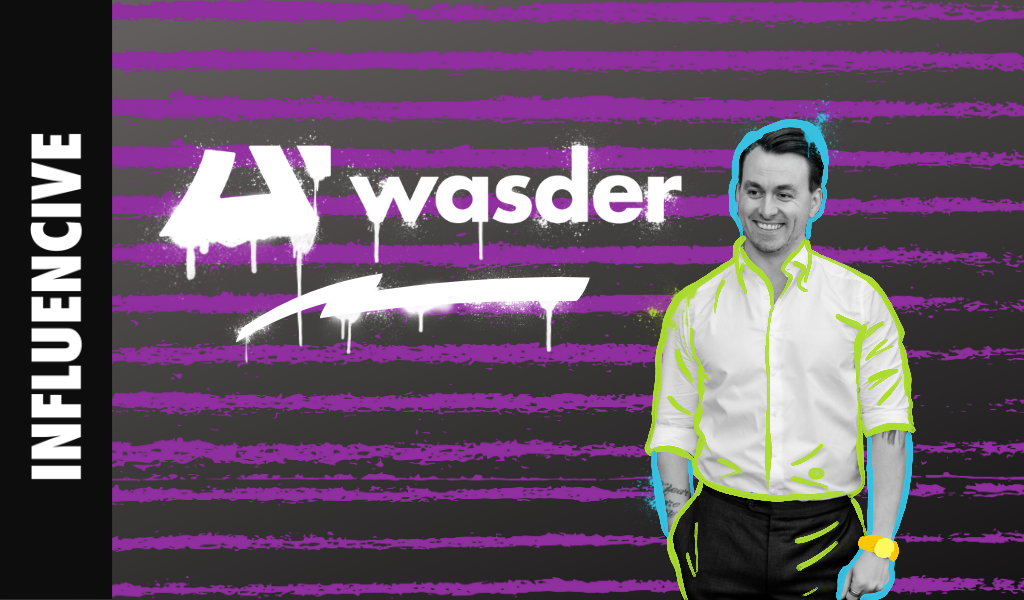Thomas Grønnevik grew up in an old school business family and it was no surprise when he started and exited his first company by age 18. His first project was a customer support business in the gaming industry. At the time, customer support was seen as an expense. Thomas had observed the pivot from an expense to an income source in other industries, so he decided to strategically bring this to gaming. Quality Gaming Services took the typical 9-4 customer support lines and switched it to 24 hour 7 days a week sales machine. The goal was to turn interactions with customers into more sales and they did just that.
After exiting that company, Thomas made his way into consulting offering business, sales, and social media consulting to a variety of big tech platforms. He even dabbles in personal training with expertise in performance enhancement. Thomas is Chairman of the Board of CAPSLOCK Holdings, a Web3 investment company. His strategies have brought enormous success to his clients.
One client tasked Thomas with repositioning a business laptop into a gaming one. As he looked into the strategy, he realized all the platforms he would need to dominate. The company would need to devote time and money to Facebook, Snapchat, TikTok, Twitter, Reddit, Tumblr, Discord, Twitch, and YouTube in order to reach all the consumers. Thomas decided he’d rather build a company that connects the entire gaming industry than waste time trying to connect the gamers who were disconnected across so many platforms. He immediately started writing the pitch deck for a social ecosystem within the gaming industry.
It was 2017 when he took the deck to his partner Johan Svärd and they founded Wasder.gg. They immediately brought in several investors and partners including Brian Evans, Alfred Mandel, and Sami Rusani and they set out to build one social ecosystem that lets next-gen gamers travel the whole journey in one place.
Typically, players hear about a game somewhere, then they google it, then they download it off a different company platform, then they go to a social app to find players to game with, then they visit more applications to learn how to be competitive. The list of broken funnels continues as users collect assets that are locked in different platforms. The main idea is that if gamers discover games on the same platform where the players communicate, they will ultimately gain a larger gaming network and discover more games to try and play. The end result is a better user experience for the player and game creators.
Wasder is creating a seamless gaming experience by letting players Discover Games and players, share content and communicate all in one place. Players create a profile that highlights their story and what they like to play in order to connect with a tailored list of other users. Matchmaking is at the core of the product and also one of the biggest barriers to newly launched games. The platform functions as a game discovery site where users can not only connect with other players, but find, interact with, and discuss new games. In addition to the already functioning Squads and feed, soon the platform will have a community building, Avatar self-expression, and built-in token ecosystem.
“Blockchain Technology could solve a lot of the user problems in the gaming space from a consumer perspective,” Thomas said. He doesn’t consider Wasder to be Web3 company, but rather a project that offers a better user product and value for gamers. “Games at the moment are the primary driver of our culture,” Thomas said, “blockchain and Web3 technologies can be used to make these experiences better and more fun, fairer, and more enjoyable.”
Wasder will be dropping an NFT collection later this summer. The list of collaborators on the project is reportedly extensive and sure to turn heads with a brand-new use, but few details are out. The Wasder Medium said they are a blank canvas for artist collaborations and street art. These CR01 Metaverse-ready avatars will be algorithmically generated to create Unreal 5 3D models using seven building blocks. Wasder has been exploring Web3 player identities as a way to let next-gen players express themselves and the CRO1 seems to be the culmination of that work.
The world of gaming has shifted. A decade ago, games were influenced by culture. Now, culture is more influenced by games according to Thomas. Music, fashion, and films are all gaining inspiration from gaming and Wasder has taken note. “You need to be someone who meets that audience on their terms on a lifestyle basis.”
Thomas pointed out how some Web3 games like The Harvest are already scoring higher than Call of Duty, GTA, and Fortnite on some metrics like commenting, posting, and liking in the Wasder app. Where they fall short is in playing together behavior. The Wasder platform has 465k monthly active users who are using the platform to discover people to play with, games they find interesting, and the partners that Wasder showcases on monthly season displays. They actually have higher engagement rates than Snapchat, TikTok, and Twitter. According to Thomas, what they are putting out by the end of this year “is going to be the world’s best application for discovery of people, games, and our partners.” It’s no shocker that Thomas was named ‘Tech Start-up CEO of the Year – Sweden’ & ‘Most innovative CEO of the Year – Sweden’ in the 2022 Business Worldwide CEO Awards. We’ll be keeping a sharp eye on where he takes Wasder next.
Opinions expressed here are opinions of the Author. Influencive does not endorse or review brands mentioned; does not and cannot investigate relationships with brands, products, and people mentioned and is up to the Author to disclose. Accounts and articles may be professional fee-based.

